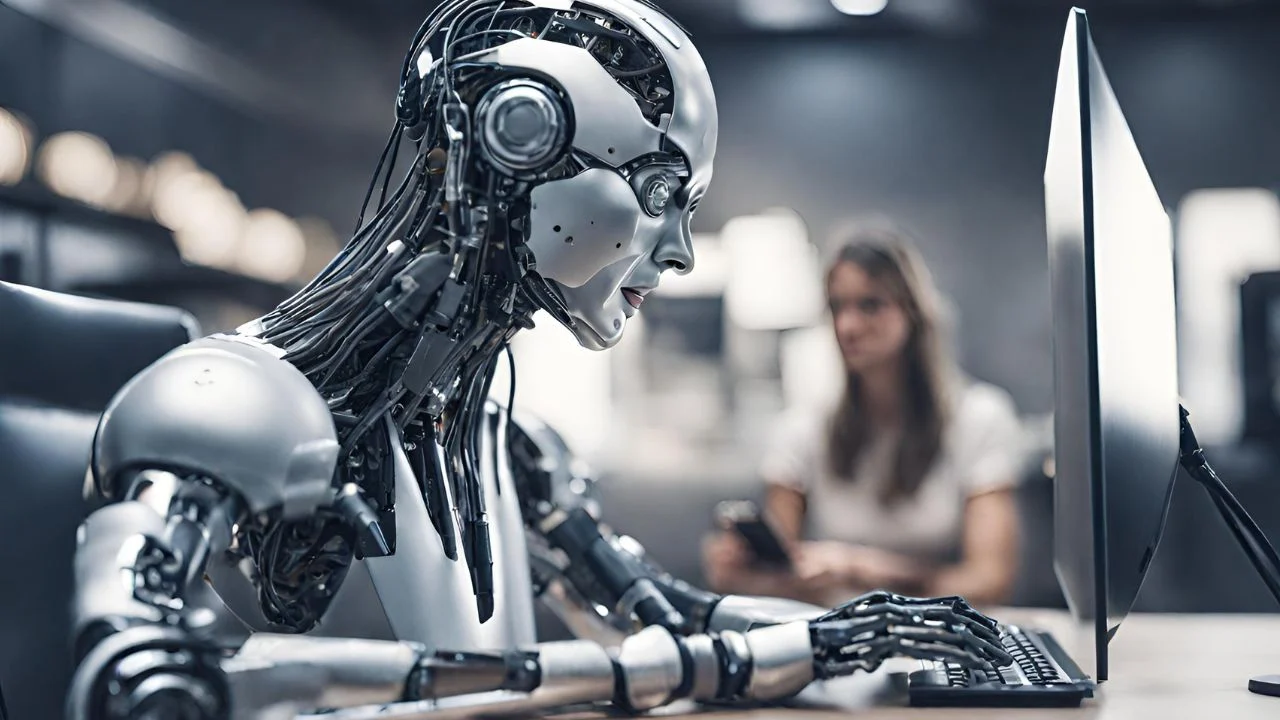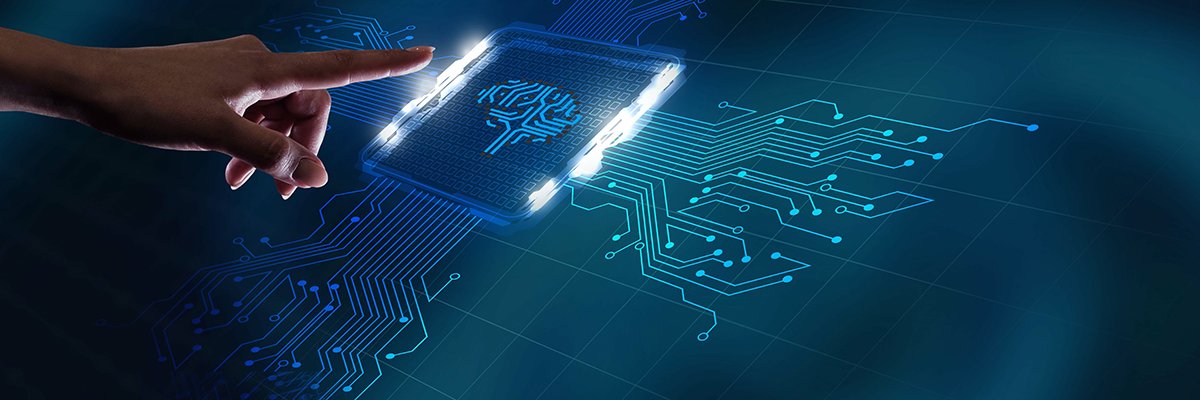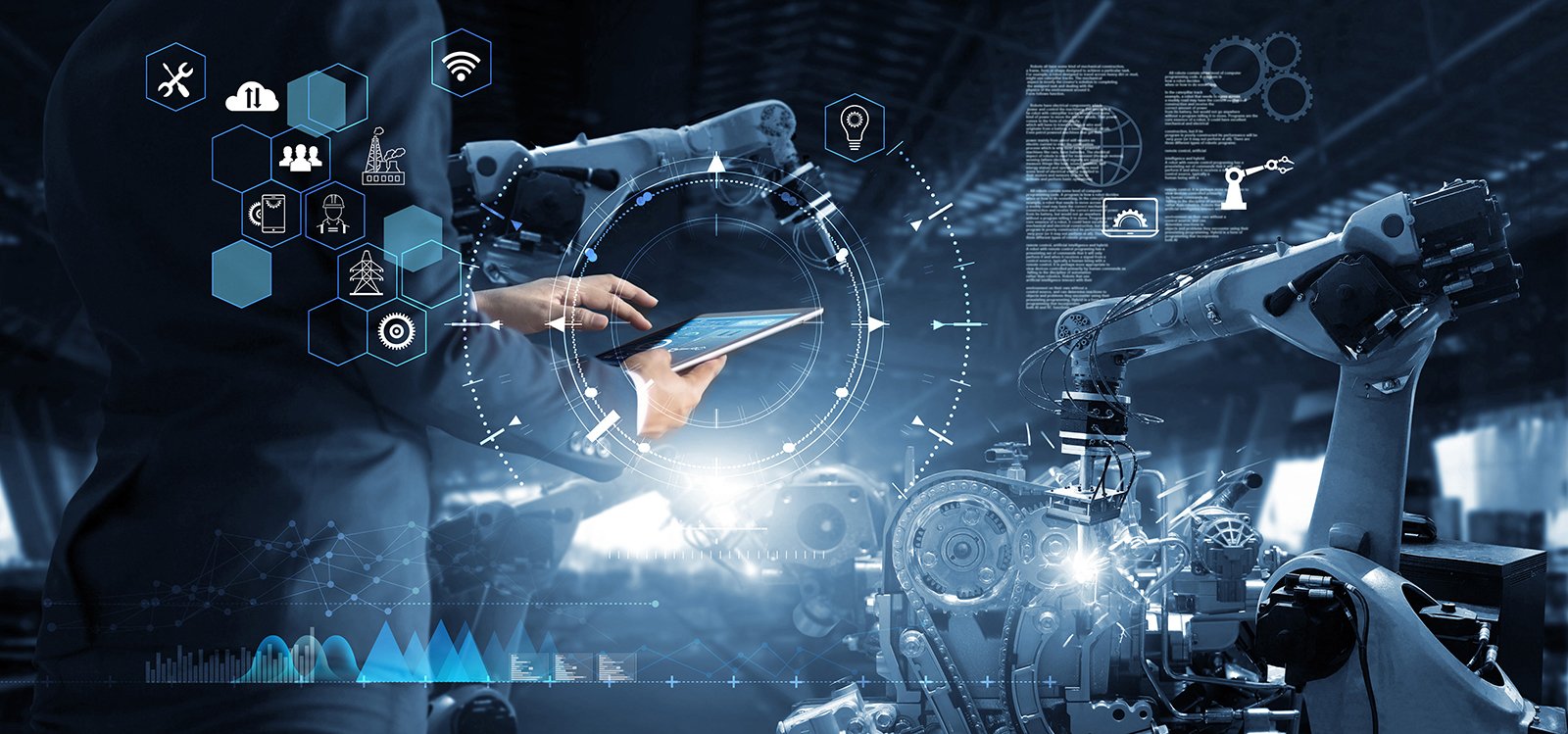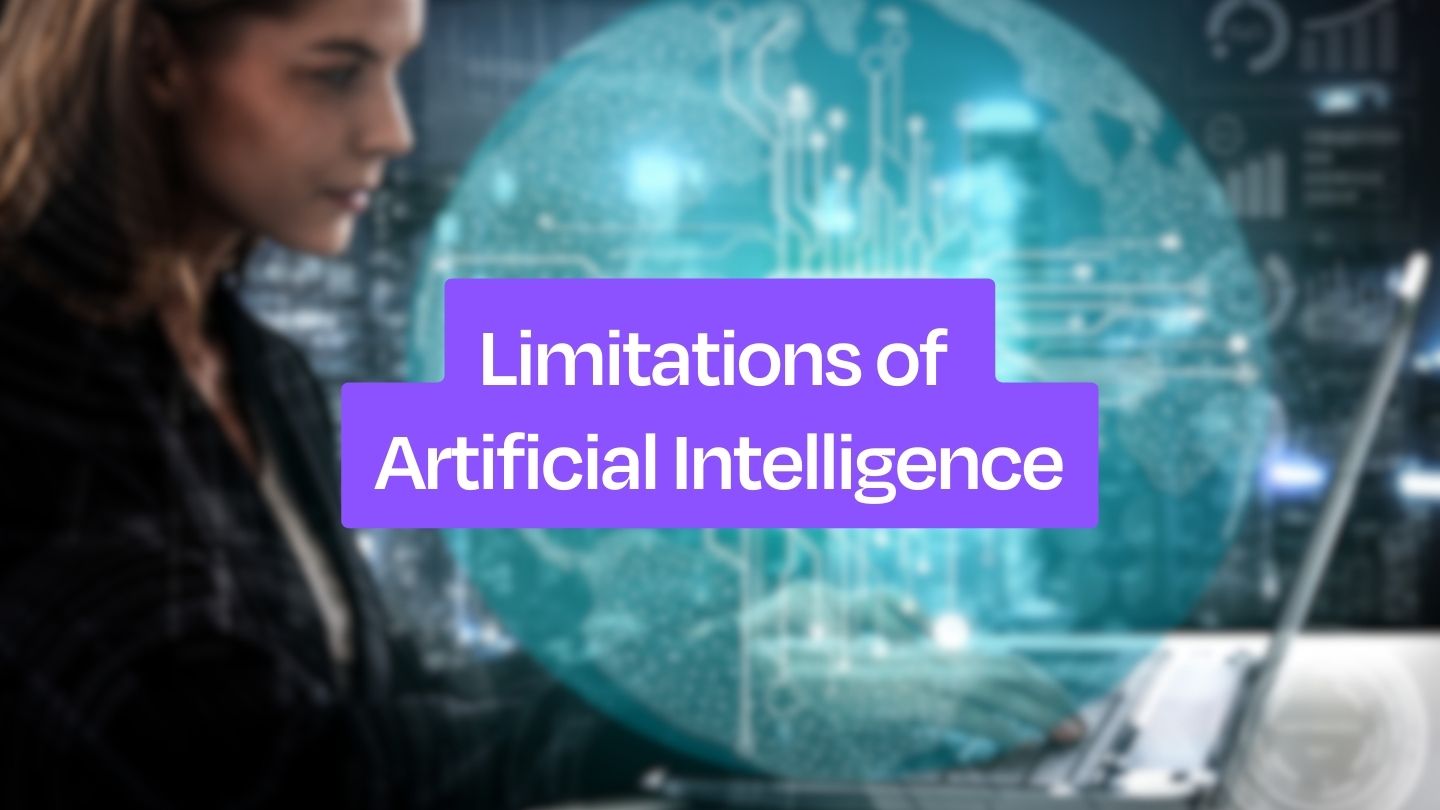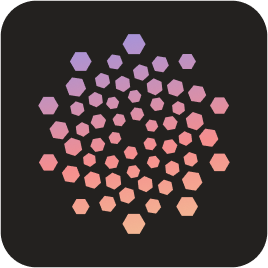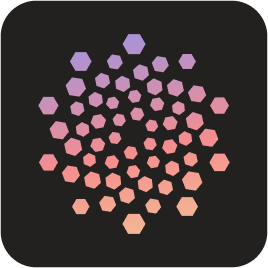Devin: accelerating developers but not replacing them
AI tools like GitHub Copilot and Devin enhance developer productivity by automating repetitive tasks and offering coding assistance. However, they fall short in creativity, contextual understanding, and complex decision-making, ensuring developers remain indispensable.
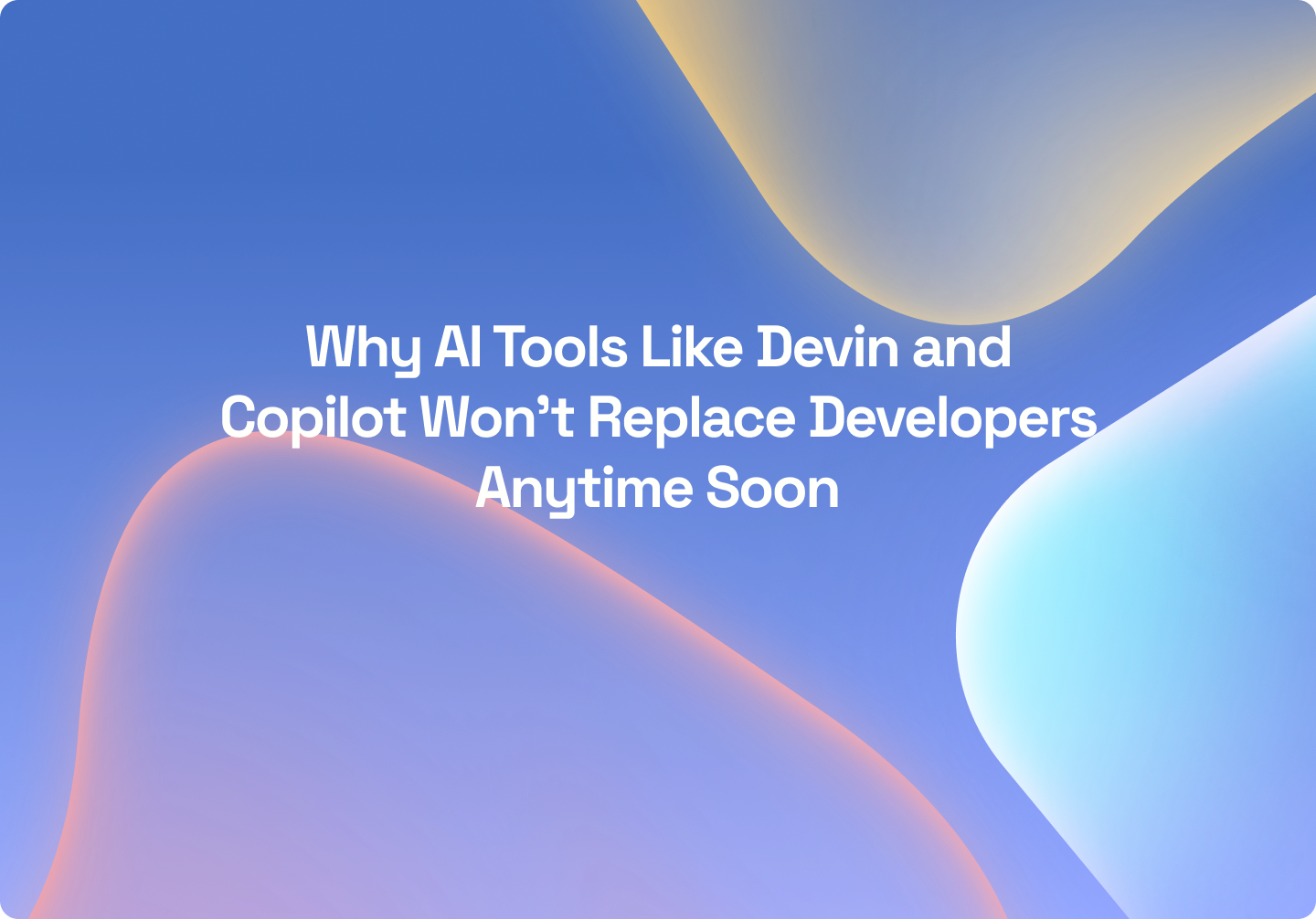
Why AI Tools Like Devin and GitHub Copilot Won’t Replace Developers Anytime Soon
AI tools like GitHub Copilot and Devin are transforming how developers write code, automating repetitive tasks and speeding up workflows. However, even with a 10x improvement in these tools, developers remain irreplaceable when it comes to building production-grade systems. The complexity of modern software systems continues to grow faster than the tools designed to simplify them.
In this article, we’ll explore why AI cannot fully replace developers in managing the intricacies of production systems. We’ll examine the limitations of tools like Devin, the ever-increasing complexity of technology, and why human problem-solving, creativity, and decision-making remain essential.
A Historical Perspective on Developer Tools
Over time, developer tools have undergone significant transformation. Early Integrated Development Environments (IDEs) introduced essential features like syntax highlighting, auto-completion, and basic debugging, making coding faster and more efficient. However, these tools primarily focused on streamlining the act of writing code, not the broader challenges of managing increasingly complex software systems.
- The rise of AI-powered tools: Tools like GitHub Copilot and Devin took automation a step further. These AI-powered assistants generate code snippets, offer real-time suggestions, and automate repetitive tasks. Developers now have access to a system that can:
- Autocomplete lines of code based on context
- Generate code snippets for repetitive patterns
- Assist with debugging common errors
- Limitations of AI tools: Despite their impressive capabilities, these AI tools have their limitations. While they excel at routine tasks, they struggle with:
- Understanding the larger architecture of complex systems
- Making high-level decisions regarding system design and workflows
- Handling nuanced, context-specific scenarios where human insight is crucial
As systems have evolved to include distributed architecture, microservices, and real-time data processing, the role of developers has become even more critical. Modern systems require intricate decision-making that goes beyond generating code. Developers must manage dependencies between various components, ensure scalability, and integrate security protocols, tasks that AI tools cannot fully address.
- Complexity outpaces automation: While tools like Devin can aid in managing some aspects of system complexity, they are not equipped to handle:
- Strategic decisions related to system-wide architecture
- Edge cases and performance optimizations that require human creativity
- Long-term system scalability and security
In summary, while AI-powered developer tools have advanced significantly, they have not been able to keep pace with the growing complexity of modern systems. These tools offer valuable assistance, but they are far from replacing the human problem-solving, creativity, and strategic thinking required to build and maintain production-grade systems.
The Limits of AI in Development
AI tools like GitHub Copilot and Devin have revolutionized the way developers work by automating routine tasks, improving code efficiency, and assisting in debugging. However, these tools are still far from replacing human developers in managing the complexities of production systems.
- Creativity and Innovation: One of the biggest limitations of AI tools is their inability to innovate. AI can optimize existing solutions or suggest code based on established patterns, but it lacks the creativity and problem-solving skills that are essential for developing breakthrough solutions. Developers, on the other hand, constantly push boundaries and explore new approaches to solving complex problems.
- Contextual Understanding: AI struggles to grasp the larger context of a project. It can generate code snippets based on input data, but it often misses the broader intent of the system. In production systems, understanding the interplay between various components, dependencies, and system-wide behaviors is crucial. Human developers can adapt to changing requirements and contexts, something AI cannot do effectively.
- Decision-Making in Complex Projects: Building production systems involves high-level decision-making, considering trade-offs, and strategic planning—areas where AI falls short. Developers must often decide between multiple architectural approaches or weigh performance versus cost considerations, which requires intuition, experience, and critical thinking. AI tools, while helpful, cannot make these decisions in a meaningful way.
While AI continues to automate mundane tasks and provide coding assistance, its limitations—lack of creativity, poor contextual understanding, and inability to handle complex decision-making—keep it from fully replacing developers in building production systems.
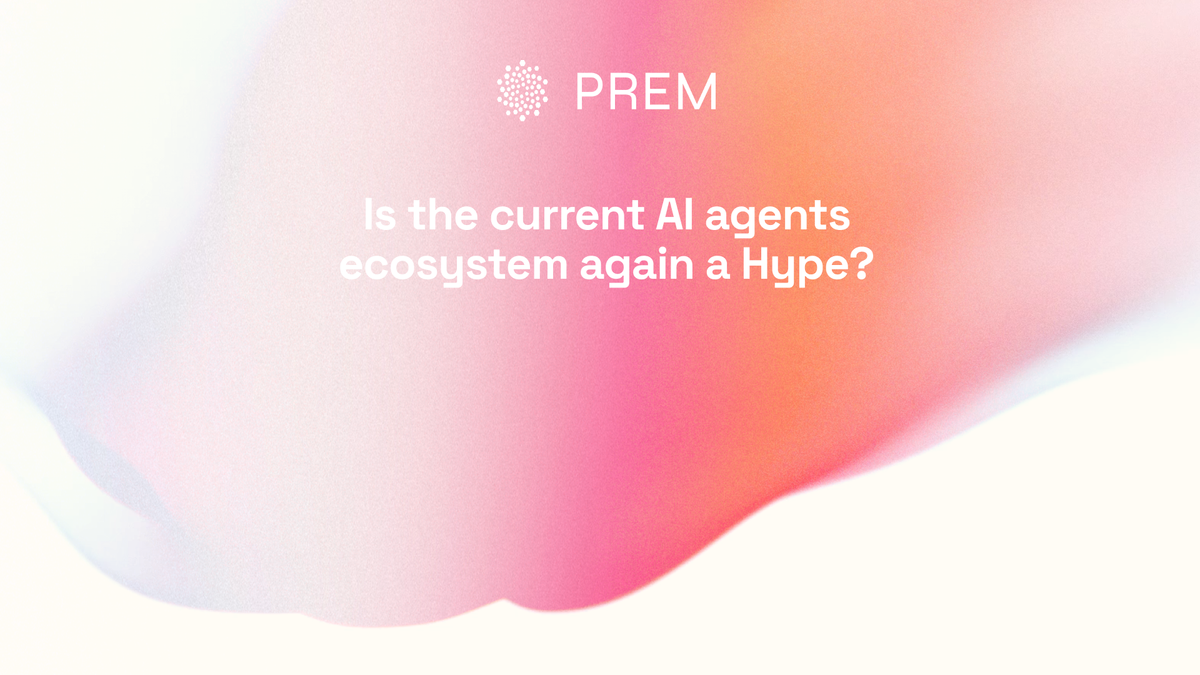
The Ever-Increasing Complexity of Systems
As software systems have grown more advanced, the complexity involved in building and managing these systems has far outpaced the tools available to developers. This complexity stems from the need to integrate multiple technologies, ensure scalability, and manage security across distributed systems.
- Distributed Architecture and Microservices: Modern systems often rely on distributed architectures and microservices, where different components operate across various networks or cloud environments. These systems require sophisticated coordination to maintain performance, reliability, and scalability. AI tools can assist with parts of this process, such as load balancing or basic error detection, but they cannot fully manage the intricate dependencies between these services.
- Scalability Challenges: Production systems must be able to scale effectively, handling increased demand without degrading performance. This requires careful planning and constant monitoring, areas where human developers excel. AI can assist by monitoring system metrics and automating some optimizations, but it lacks the foresight to anticipate and adapt to long-term scalability challenges.
- Security Considerations: Security remains one of the most critical aspects of building production systems. AI tools can help identify potential vulnerabilities or automate routine security checks, but security protocols often require human intuition and experience to adapt to emerging threats and evolving standards.
While AI can handle certain tasks within these complex systems, such as monitoring performance or automating routine processes, it is still the developers who manage the intricate decisions required to keep distributed architectures, scalability, and security in balance. The increasing complexity of modern systems highlights why AI tools are valuable assistants, but far from replacements.
Why Developers Are Still Necessary
Despite the rise of AI-powered tools like Devin and GitHub Copilot, developers remain indispensable when it comes to building complex, production-grade systems. AI tools can handle repetitive tasks, suggest code improvements, and optimize existing code, but they fall short in several key areas that require human expertise.
- Creativity and Innovation: AI is adept at recognizing patterns and generating solutions based on existing data, but it lacks the ability to innovate. Developers possess the creativity needed to design novel solutions, think critically about edge cases, and approach problems from fresh perspectives. This ability to innovate is essential when tackling complex, unique challenges in production environments.
- Contextual Understanding: Developers bring a deep understanding of the broader context in which systems operate. Whether it’s knowing the business objectives, user requirements, or how one part of the system interacts with others, human developers are better equipped to make decisions that reflect the larger picture. AI, on the other hand, can struggle with understanding the intent behind code or the interdependencies between different system components.
- Complex Decision-Making: Building production systems involves a range of strategic decisions—choosing architectures, balancing trade-offs, and ensuring performance, security, and scalability. These decisions require human intuition, experience, and problem-solving skills, all of which are beyond the current capabilities of AI. Developers are needed to make these critical decisions, adapting as system requirements evolve.
In essence, developers are still vital not just for writing code, but for driving innovation, making high-level architectural decisions, and ensuring that systems meet the ever-changing demands of real-world environments. AI may enhance productivity, but it cannot replace the nuanced thinking and expertise that developers bring to the table.
The Role of AI in Accelerating Development
AI tools like GitHub Copilot and Devin have rapidly gained popularity among developers, primarily for their ability to automate repetitive tasks, generate code snippets, and enhance the debugging process. While these tools are incredibly valuable in speeding up development cycles, they do not fundamentally change the need for human developers to steer projects toward success.
- Increased Productivity Through Automation: AI-powered tools significantly enhance productivity by automating mundane tasks like code completion, syntax checks, and even bug identification. Tools like Copilot provide real-time code suggestions, enabling developers to write code faster and with fewer errors. This frees developers to focus on more complex aspects of software design and system architecture.
- Automated Code Review and Optimization: AI tools can also help developers maintain code quality by automating code reviews. Tools like DeepCode analyze codebases to detect performance issues, security vulnerabilities, or inefficient practices. By streamlining this process, developers can deliver higher-quality software in shorter timeframes.
- Error Detection and Debugging: One of the key areas where AI tools shine is in debugging and error detection. AI-driven systems can scan through logs, runtime data, and code patterns to identify potential issues, often finding bugs that human developers might overlook. This improves software reliability and reduces the time spent on manual debugging.
Although these tools enhance productivity, they primarily serve as accelerators rather than replacements. Developers are still needed to ensure that the code fits into the overall architecture, meets performance and security requirements, and aligns with business goals. AI can handle many routine tasks, but the strategic decisions and problem-solving abilities of human developers remain crucial.
The Future of AI and Developer Roles
As AI continues to evolve, the role of developers is also shifting. While AI tools like GitHub Copilot and Devin have proven to be valuable for automating routine tasks and increasing efficiency, they are far from replacing human developers. The future of software development is not about AI taking over, but rather about a collaboration between AI and developers to produce more innovative and efficient systems.
- AI as a Collaborative Tool: In the future, AI will act as a powerful tool to enhance the work of developers, automating repetitive tasks and providing suggestions for code improvements. However, developers will still need to provide oversight and direction. AI can handle tasks like code generation and error detection, but it lacks the creativity, strategic decision-making, and problem-solving skills that human developers bring to the table.
- Evolving Developer Roles: As AI takes on more repetitive tasks, developers will shift their focus to higher-level responsibilities. These include system architecture, user experience design, and ensuring that software aligns with business objectives. Developers will need to learn how to integrate AI systems into their workflows and manage the ethical and technical challenges that come with them.
- New Skills for the AI Era: Developers will need to adapt by acquiring new skills, such as understanding machine learning algorithms, data science, and AI ethics. These skills will allow developers to leverage AI more effectively and ensure that the software they build is both innovative and responsible. Lifelong learning and adaptability will be critical for developers to stay relevant in this evolving landscape.
While AI will continue to enhance the capabilities of developers, it is clear that human expertise will remain essential. The future will see developers working alongside AI systems, leveraging them to solve more complex problems and drive innovation across industries.
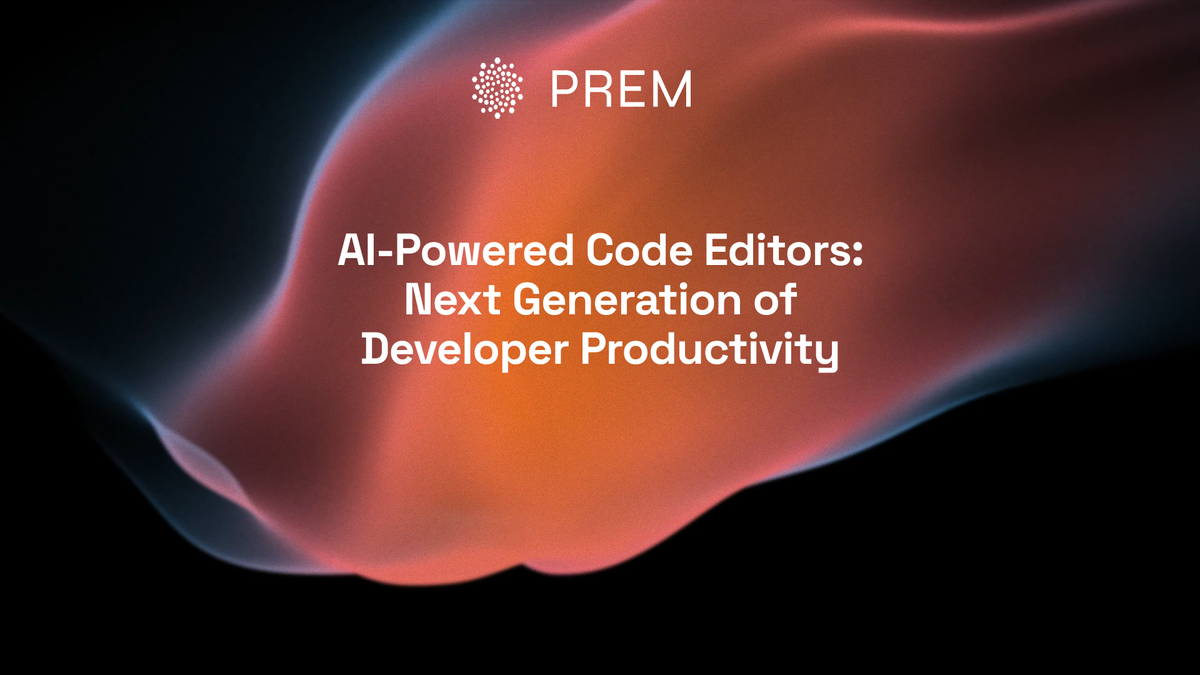
Why Developers and AI Will Continue to Collaborate in the Future
As AI tools like GitHub Copilot and Devin revolutionize aspects of coding, they are not poised to replace developers but rather to enhance their capabilities. These tools automate repetitive tasks and optimize workflows, yet they lack the creativity, strategic thinking, and contextual understanding required to build complex, production-grade systems.
The future of software development will be a collaboration between developers and AI. While AI will serve as a powerful assistant, improving efficiency and productivity, it is human expertise that will drive innovation, solve complex challenges, and ensure ethical development. Developers who embrace this shift, continually upskilling to work with AI, will thrive in this evolving landscape.
References:
